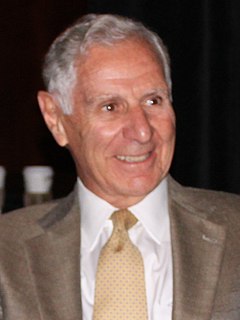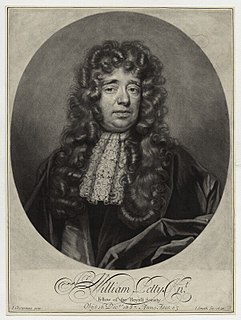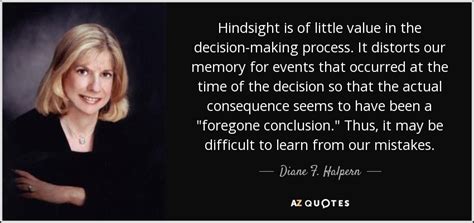A Quote by Samuel Freeman Miller
The value of a decision as a precedent is very much enhanced by the care with which it has been considered, and if the opinion itself shows that other decisions of the same court, or of other courts upon the same point, have been reviewed and examined, it adds to the value of the decision made on each consideration.
Related Quotes
The Supreme Court, or any court, when they make a decision, if that's a published
decision, it becomes virtually like a statute. Everybody is suppose to follow that law. Whether I decide to allow a law to become a law without my signature is simply
in effect expressing a view that while I don't particularly care for this, the Legislature passed it, it was an overwhelming.
vote, or maybe there were other reasons. But
my decision not to sign doesn't have to be followed by
everybody from that point on
It were good to know how much hay an acre of every sort will bear; how many cattle the same weight of each sort of hay will feed and fatten; what quantity of grain and other commodities the same acre will bear in one, three or seven years; unto what use each soil is proper; all which particulars I call intrinsic value, for there is also another value merely accidental or extrinsic.
Actually, I can't take credit for any of my decisions. I noticed one day that all my decisions were making themselves, and always at the right time. I haven't had to make one decision since then. They are always made for me, and they come from the wisdom that is in us all. I trust that wisdom completely. That trust itself was a decision made for me as inquiry cleared my mind. No decision, no fear.
At the heart of my politics has always been the value of community, the belief that we are not merely individuals struggling in isolation from each other, but members of a community who depend on each other, who benefit from each other's help, who owe obligations to each other. From that everything stems: solidarity, social justice, equality, freedom.
while the executive should give every possible value to the information of the specialist, no executive should abdicate thinking on any subject because of the expert. The expert's information or opinion should not be allowed automatically to become a decision. On the other hand, full recognition should be given to the part the expert plays in decision making.
The decision he made with Usama bin Laden was a tactical decision. It wasn't a strategic decision. The strategic decision was made by President Bush to go after him. What President Obama has done on his watch, the issues that have come up while he's been president, he's gotten it wrong strategically every single time.
The very purpose of the Bill of Rights and the Constitution is to protect minority rights against majority voters. Every court decision that strikes down discriminatory legislation, including past Supreme Court decisions, affirming the fundamental rights to marry the person you love, overrules a majority decision.


































